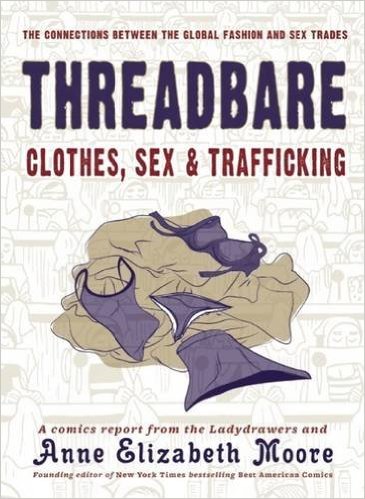Content warning: This post contains discussion and accounts of trafficking, debt bondage, and exploitation, both in the context of sex trafficking and trafficking in another industry. There are also brief references to experiences of domestic violence, child abuse and neglect, custody loss, structural violence from criminalization, and violence against sex workers. In the last four… Continue reading Surviving As Working Class After Backpage
Category: Trafficking
Top Six Reasons Melania Trump Should Get Involved In Anti-Trafficking Campaigning
With every new presidency comes the expectation that the First Spouse will adopt a cause that is considered sufficiently non-controversial in nature. So as the doomsday clock ticked ever faster towards the Trump inauguration at the end of 2016, people not only speculated about which nightmarish regressive agendas Donald would make a waking reality while… Continue reading Top Six Reasons Melania Trump Should Get Involved In Anti-Trafficking Campaigning
Threadbare: Clothes, Sex & Trafficking (2016)
Red: In journalist Anne Elizabeth Moore’s new book Threadbare: Clothes, Sex, And Trafficking, in which years of her reporting are illustrated by comic artists Delia Jean, Melissa Mendes, Ellen Lindner, Simon Haussle, and Leela Corman, among others, she takes us around the world, untangling the many levels of exploitation and corruption inherent in the garment… Continue reading Threadbare: Clothes, Sex & Trafficking (2016)
We Deserve Better: Reflections On The War On Backpage
It’s happening again. I remember the drop in my stomach as my browser opened on the homepage of MyRedBook in 2014 and I saw the emblems of the FBI, DOJ, and the IRS occupying a page which used to host an escort ad, review, and forum website used by thousands of providers across the West… Continue reading We Deserve Better: Reflections On The War On Backpage
Domestic Minor Sex Trafficking: Beyond Victims And Villains (2016)
When I got arrested recently, my copy of Domestic Minor Sex Trafficking: Beyond Victims and Villains by Alexandra Lutnick came along with me to jail. It’d be fair to blame me, as well as the boys in blue, but I think it’s unlikely that this is the last time this publication will see the inside… Continue reading Domestic Minor Sex Trafficking: Beyond Victims And Villains (2016)




